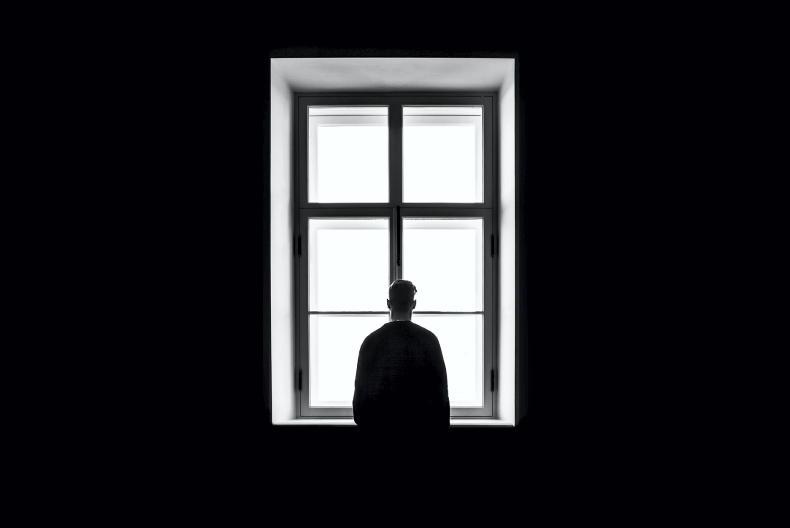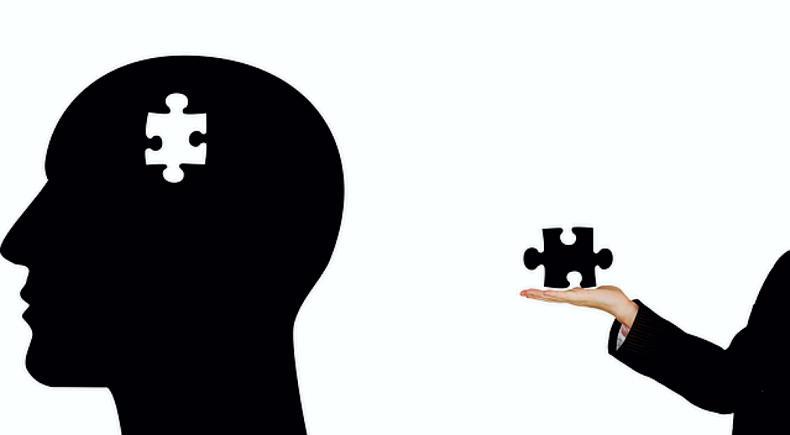SOME people find these ideas useful, but remember that different things work for different people at different times. Only try what you feel comfortable with, and try not to put too much pressure on yourself. If something isn’t working for you, or doesn’t feel possible just now, you can try something else, or come back to it another time.
Take it slow
If you’ve felt lonely for a long time, even if you already know lots of people, it can be terrifying to think about trying to meet new people or opening up to people for the first time. You don’t need to rush into anything.
For example, you could try doing an online activity where other people attend but you’re not expected to interact with them. If you’re interested in joining a new group or class, you could ask whoever runs the sessions to just watch at first, rather than taking part.
Simply knowing that other people are there may be enough to help with some feelings of loneliness.
Try peer support
There are many different types of peer support services, which provide people with a space to use their own experiences to help and support each other, including experiences of loneliness and related mental health problems.
Some different types of peer support which you may find useful include charities that put volunteer befrienders in touch with people feeling lonely by telephone. There are also online communities which can provide a place to listen and share with others who have similar experiences. They are often available 24/7, most are free and you can access them from wherever you are.
Make new connections
If you are feeling lonely because of a lack of satisfying social contact in your life, you could try to meet more or different people. Try to join a class or group based on your hobbies or interests. This could include online groups if you can’t attend things in person.
If you are able to, or up to trying, volunteering is a good way of meeting people. Helping others can also really help improve your mental health. It is also a good idea to check that you will receive adequate support from the organisation you are volunteering at. Be brave and reach out to someone.
Try to open up
You might feel that you know plenty of people, but what is actually wrong is that you don’t feel close to them, or they don’t give you the care and attention you need. In this situation it might help to open up about how you feel to friends and family.
If you don’t feel comfortable opening up to the people you know, you could try speaking with a therapist or a using a peer support service.
Talking therapies
Talking therapies allow you to explore and understand your feelings of loneliness and can help you develop positive ways of dealing with them. For example, therapy can provide a space for you to discuss the emotional problems that make it hard for you to form satisfying relationships.
If anxiety about social situations has made you feel isolated, cognitive behavioural therapy (CBT) may help. This focuses on how your thoughts, beliefs and attitudes affect your feelings and behaviour, and teaches you coping skills for dealing with different problems.
Be careful when comparing
yourself to others
It is very hard to stop comparing ourselves to others. We all do it, but it can help to just be aware that things are not always what they seem from the outside. For example, on social media we very often only see what other people want to share about their lives, and this can make us feel like we are the only ones feeling lonely.
It’s important to remind yourself that you don’t know how other people feel when they are alone, or when their social media feeds are turned off. If you’re worried that social media might be affecting your mental health, perhaps you should use it less, or not at all.
If you have a lack of confidence in yourself or your life when compared to others, and you think that this might be contributing to your feelings of loneliness, it might be an idea to seek professional help to get your life back on track. People sometimes feel lonely when they are overwhelmed by human information; the news, social media, television, negative gossip and more.
Look after yourself
Feeling lonely can be very stressful and can have a big impact on your general wellbeing, which might make it even harder to make positive steps to feeling better. Think about how some of the following are affecting how you feel and whether you can do anything to change them.


 This is a subscriber-only article
This is a subscriber-only article
 It looks like you're browsing in private mode
It looks like you're browsing in private mode









SHARING OPTIONS: